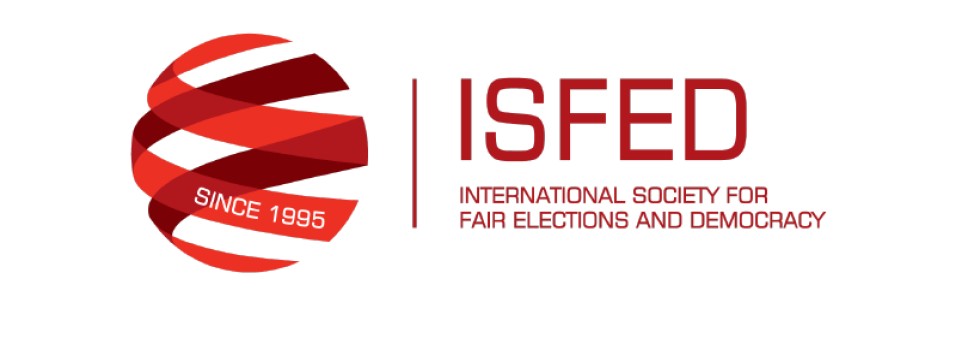The Ruling Party Continues to Tailor Local Self-Government Legislation to its Interests
In late October of 2022, four MPs initiated draft laws, envisaging the changes to the Local Self-Government and Budget Codes of Georgia. If adopted, initiated amendments will significantly denigrate the institutional foundations of the local representative bodies - Sakrebulos and will subordinate local governance to the narrow partisan interests of the ruling party.
The most important part of the changes refers to the new distribution of responsibilities among the municipal bodies in case of non-approval of the municipality budget. More specifically, the current version of article 142 of the Local Self-Government Code of Georgia states that if Sakrebulo fails to approve the municipal budget within 3 months after the beginning of a new budgetary year, the powers of a mayor and Sakrebulo shall be terminated. Therefore, new elections will have to be held for both bodies. New amendments propose that if a municipality budget is not adopted within the established timeframe, the authority of Sakrebulo will be terminated, but a mayor will keep his/her position. As a result, the responsibility for non-approval of a budget will fall only on Sakrebulo, while the mayor, a key player in budgetary processes, will be fully exonerated.
The proposed amendments lack legal justification as not only Sakrebulo should take responsibility for the non-approval of a budget. According to those norms of the Local Self-Government Code of Georgia which remain unchanged, a mayor is responsible for elaborating and amending the municipal budget. It submits proposals to Sakrebulo for approval; ensures the execution of the approved budget within his/her competencies and submits a budget execution report at the end of a reporting year.[1] Therefore, Sakrebulo can not act independently in the process of adopting a municipality budget. Moreover, Sakrebulo can amend a proposed draft budget only with the consent of a mayor.[2] Sakrebulo can bypass the mayor’s approval of the draft budget only if Sakrebulo adopts a budget by a three-fifths majority of its members. In this case, this draft budget can be initiated by a faction or at least one-third of Sakrebulo members and it can reflect only those changes that were sent to a mayor before November 25. Such a super-majority would be hard to garner for any Sakrebulo, nowadays.
In addition, the political context should be taken into account. As a result of the 2021 Local Self Government Elections, in three self-governing municipalities: Rustavi, Zugdidi, and Chkhorotsku, Sakrebulos’ ruling majorities and mayors represent opposing political forces. Except for Tsalenjikha municipality, mayors are the representatives of or affiliated with the Georgian Dream – Democratic Georgia, but they might face some resistance over the budget from opposition Sakrebulos. Thus, the ruling party anticipates some dissent over the approval of municipalities’ major financial documents. The proposed legislative amendments leave no incentive for a mayor to be constructive and cooperate with Sakrebulo in achieving an agreement on a draft budget, because the failure to do so no longer threatens the mayor’s position, while it might terminate the authority of opposing Sakrebulo. Therefore, the proposed draft laws diminish the role of Sakrebulo and directly serve the interests of the ruling party.
We call on the Parliament of Georgia to reject the draft laws.
[1] Organic Law of Georgia “Local Self Government Code”, Article. 54.1.c.a - c.b - https://matsne.gov.ge/en/document/view/2244429?publication=61
[2] Organic Law of Georgia “Local Self Government Code”, Article. 91.6.

